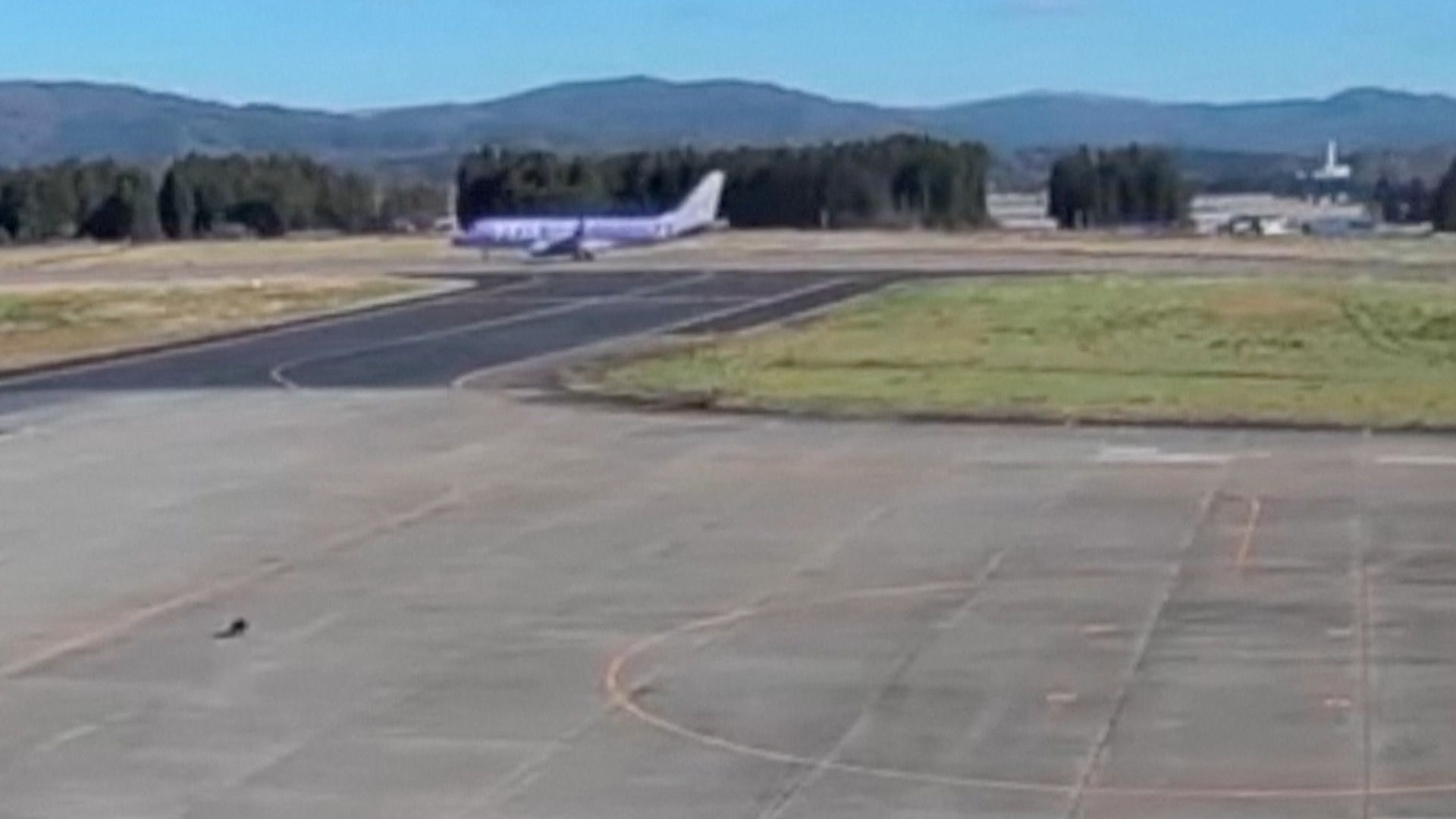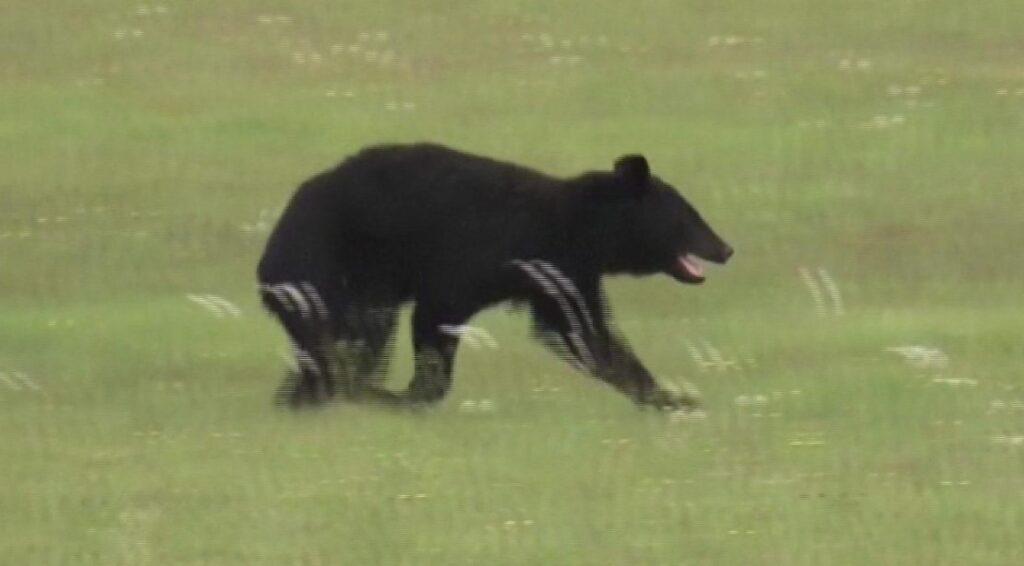Bear Airport Tarmac Incident: A Shocking Disruption in Japan
The bear airport tarmac incident in Hanamaki, Japan, has quickly become one of the year’s most startling wildlife-related aviation events. Early Wednesday afternoon, airport staff were forced to suspend flights after a single bear unexpectedly ran onto the active tarmac, creating both operational chaos and passenger concern.
This unusual bear airport tarmac incident not only halted air traffic but also highlighted the rising number of bear encounters across Japan, incidents that authorities say have reached an unprecedented level in recent years.
What Happened During the Bear Airport Tarmac Incident?
At approximately 13:00 local time, staff at Hanamaki Airport spotted a bear wandering across the tarmac. Following aviation safety protocols, the airport immediately suspended operations for over an hour.
The bear airport tarmac incident forced departures and arrivals into delay as wildlife control teams were dispatched to secure the area. Fortunately, no passengers or crew members were harmed during the disruption.
Short wildlife-related shutdowns do happen at rural airports, but this particular event gained widespread attention due to Japan’s escalating bear-related safety crisis.

The Growing Pattern Behind Bear Sightings in Japan
Japan has been experiencing a dramatic rise in bear encounters. Officials report:
-
13 deaths caused by bears this year
-
More than 100 injuries
-
Sightings at record highs, impacting residential, rural, and now transportation zones
The bear airport tarmac incident fits into a much larger issue linked to environmental changes, food scarcity in natural habitats, and bears increasingly venturing into human-occupied areas.
Additional background on bear incidents in Japan can be found through the Forestry Agency’s wildlife updates:
https://www.maff.go.jp (Japan Ministry of Agriculture, Forestry and Fisheries)
Why the Bear Airport Tarmac Incident Matters
Beyond the dramatic visuals and operational disruption, this bear airport tarmac incident raises deeper concerns:
Threats to Passenger Safety
Airports are designed with high security, but wildlife breaches introduce unexpected dangers. Even a non-aggressive bear can pose major risks if startled.
Aviation Operations Impact
Even a short delay can affect:
-
Connecting flights
-
Aircraft schedules
-
Passenger itineraries
-
Crew duty hours
A delay caused by a wild animal, like the bear airport tarmac incident, is rare but extremely disruptive.
Escalation of Wildlife Emergencies
Authorities have confirmed that rising bear attacks have led to:
-
Deployment of Self-Defense Forces (SDF)
-
Increased patrolling in rural areas
-
Expanded response units to handle wildlife emergencies
Japan’s Self-Defense Forces assisting in bear control illustrates just how serious the situation has become.
How Authorities Responded to the Bear Airport Tarmac Incident
Once the bear was detected, airport protocol activated immediately:
-
Runway closure
-
Flight suspension
-
Wildlife response team mobilization
-
Venue sweep and safety clearance
-
Gradual resumption of operations
The airport resumed flights only after teams thoroughly inspected the perimeter to prevent a repeat of the bear airport tarmac incident.
Authorities stated that patrols around the airport would be increased to minimize future wildlife-related intrusions.

Why Are Bear Incidents Increasing in Japan?
Geologists and wildlife experts attribute the rising encounters to:
Climate Change & Food Shortage
Bears are leaving forests in search of food earlier and more frequently.
Urban Expansion
Communities are expanding into former wildlife territories.
Population Growth in Certain Bear Species
Some species have rebounded due to strong conservation laws.
For more scientific analysis of bear behavior, see:
https://www.worldwildlife.org (World Wildlife Fund)
Preventive Measures After the Bear Airport Tarmac Incident
Following the bear airport tarmac incident, wildlife experts recommend the following for airport and community safety:
-
Regular perimeter inspections
-
Installing better wildlife barriers
-
Using motion-sensor wildlife detection systems
-
Community education on encounters
The aviation sector is now re-evaluating wildlife intrusion protocols, especially in rural regions.
Could Another Bear Airport Tarmac Incident Happen?
Experts say yes, and possibly sooner than expected.
As bear movements expand and seasonal patterns shift, areas previously considered safe may increasingly experience wildlife intrusions. While airports are highly secure, animals can still find unexpected entry points, especially in facilities surrounded by forests, farmland, or mountains.
This is why Japan’s response systems are evolving rapidly, to prevent similar incidents and protect both animals and people.

